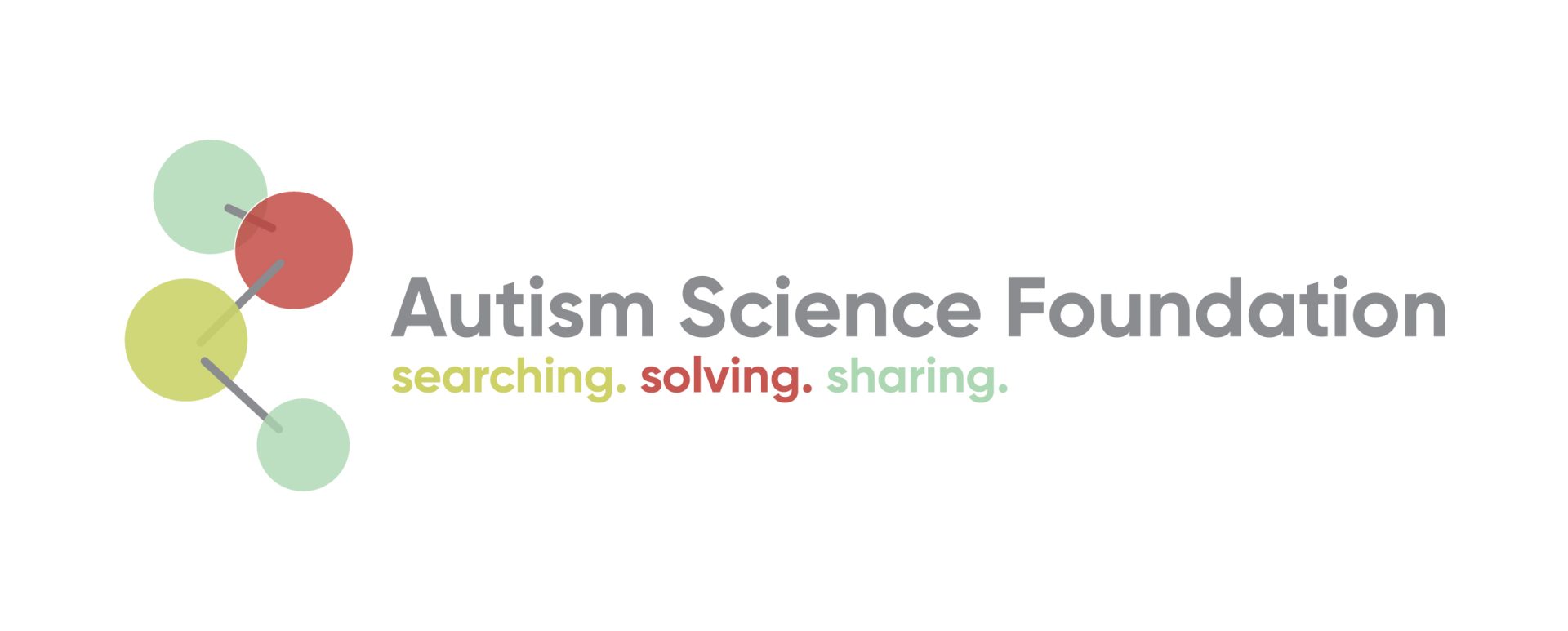Inspired by her grandson who is diagnosed with profound autism, Wright co-founded Autism Speaks. Els co-founded Sam’s Sibs Stick Together, which supports siblings of individuals with autism
NEW YORK — February 22, 2022 — The Autism Science Foundation (ASF), a nonprofit organization dedicated to supporting and funding innovative autism research, has announced that the late Suzanne Wright and Samantha Els will receive this year’s Caryn Schwartzman
Spirit Award. The award recognizes outstanding advocacy by a family member of a person with autism.
The awards will be presented at the ninth annual “Day of Learning” event on Wednesday, March 30. This year’s event will be hybrid for the first time ever, allowing people to attend in person at the New York Athletic Club, or virtually from across the globe.
Suzanne, who died in 2016, co-founded Autism Speaks in 2005 with her husband, then NBC President and CEO Bob Wright, after their grandson Christian received an autism diagnosis at age 2 ½. She raised millions of dollars to fund autism research and help families impacted by autism. A dynamic advocate, Suzanne was instrumental in convincing the United Nations to establish April 2 as World Autism Day and advocated for autism awareness on Capitol Hill and around the world.
“Suzanne put autism on the map with her tenacity, her courage and her warmth. I was honored to work with her and learn from her advocacy,” said Alison Singer, Co-Founder and President of the Autism Science Foundation. “Her efforts improved the lives of millions of people all over the world.”
Samantha Els, sibling to her brother with autism, co-founded Sam’s Sibs Stick Together, a joint initiative between ASF and Els for Autism®, to provide extra support to siblings of individuals with autism spectrum disorder. Her brother Ben was diagnosed with autism when he was two and Samantha was six, and the pair have always had a special bond. Samantha is now a senior at Stanford University majoring in human biology with a concentration in global public health. Their parents, Ernie Els, World of Golf Hall of Famer and four-time Major Champion Ernie Els and his wife, Liezl, founded Els for Autism Foundation® in 2009.
“Samantha is an incredible advocate both for individuals with autism and the siblings who love them,” said ASF Chief Science Officer Dr. Alycia Halladay. “She devotes her time freely and shares openly with other siblings, shining a light on the importance of sibling research and on the unique challenges and joys of being a sibling to an individual with autism. Her unwavering dedication to the mission of Sam’s Sibs Stick Together is evident in all of her endeavors.”
The Caryn Schwartzman Spirit Award is presented annually to family advocates whose energy and commitment to enhancing the lives of individuals with autism best emulate Caryn’s. Caryn was a loving and dedicated mom and a tireless advocate who worked with the National
Alliance for Autism Research (NAAR), Autism Speaks and the Autism Science Foundation to raise money, advance autism research and improve the lives of children around the country.
The Caryn Schwartzman Spirit Award will be presented at the Autism Science Foundation’s ninth annual “Day of Learning” event on Wednesday, March 30, which will feature TED-style talks by the nation’s top autism experts. Morning presenters from the CDC, the federal Interagency Autism Coordinating Committee (IACC) and other distinguished institutions will highlight important trends and topics in autism research. The afternoon talks will examine ways to improve the quality of life for people with autism by reviewing new data measuring the impact of common leisure activities.
Register for this year’s Day of Learning here.
#
About the Autism Science Foundation
The Autism Science Foundation (ASF) is a 501(c) (3) public charity. Its mission is to support autism research by providing funding to scientists and organizations conducting autism research. ASF also provides information about autism to the general public and serves to increase awareness of autism spectrum disorders and the needs of individuals and families affected by autism. To learn more about the Autism Science Foundation or to make a donation, visit www.autismsciencefoundation.org.
Media Contact
Kathy Ehrich Dowd
Autism Science Foundation
617-970-5842
kdowd@autismsciencefoundation.org

